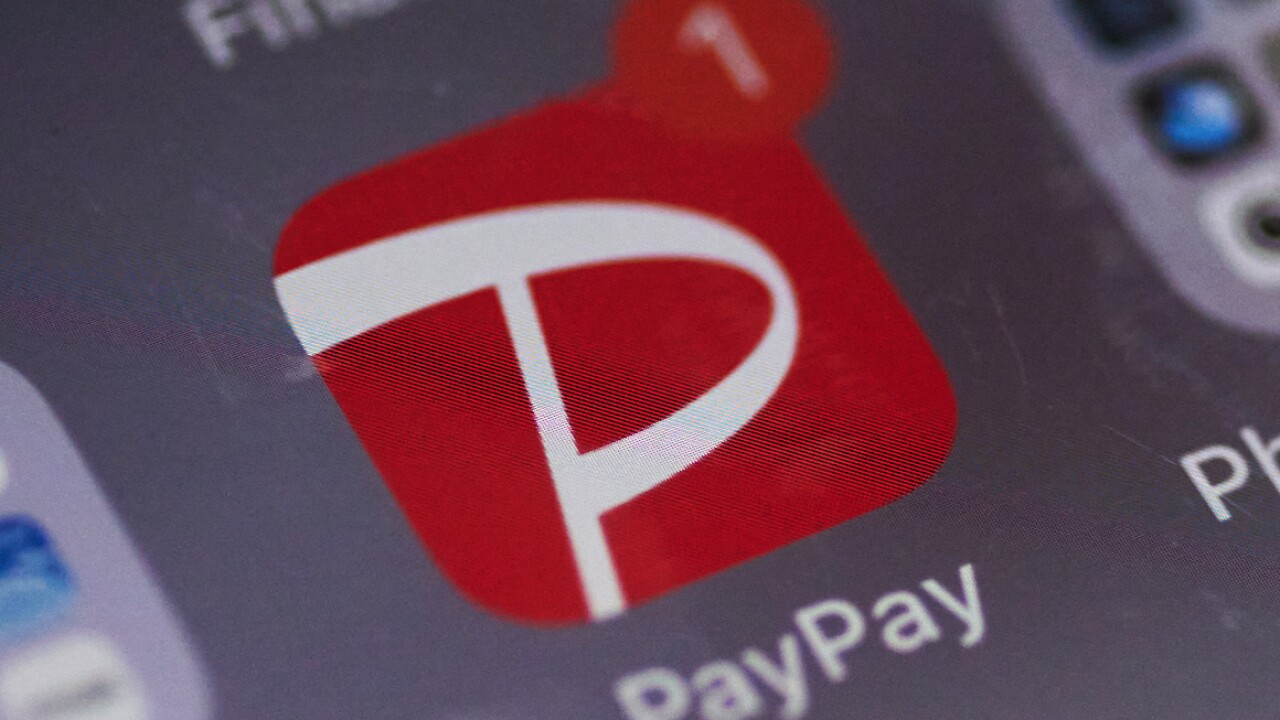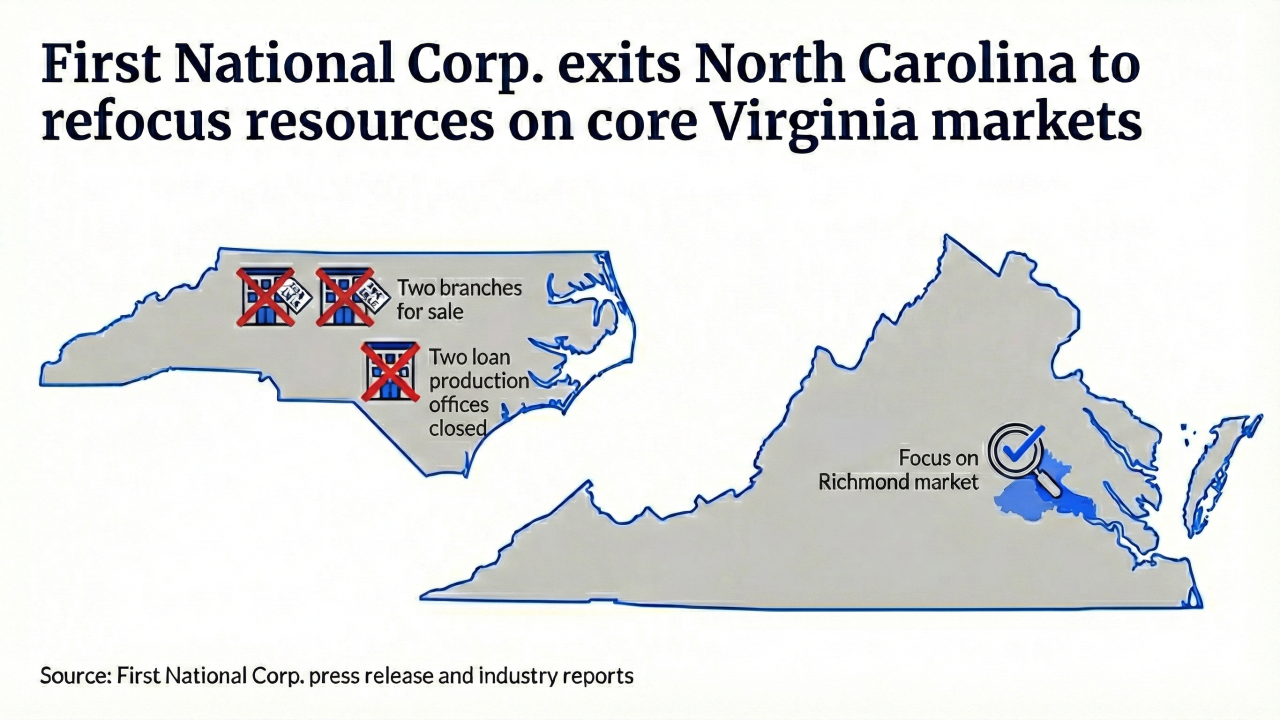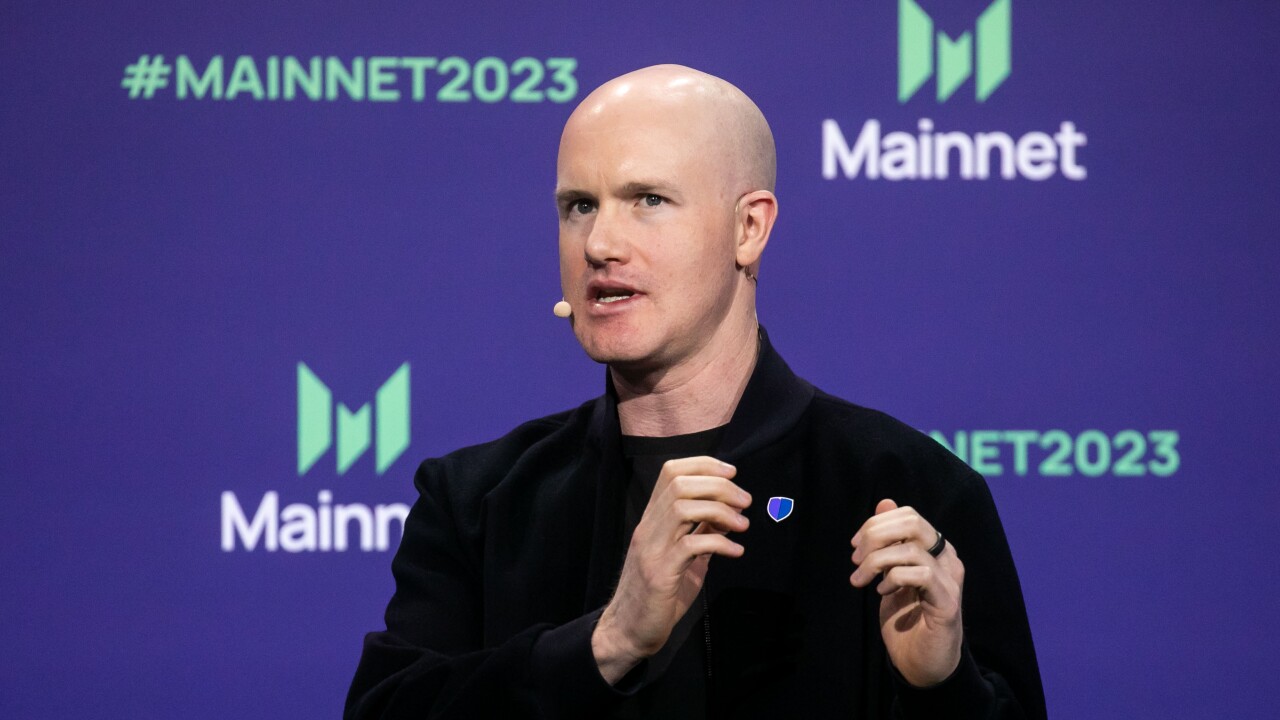Preparing systems for the Single Euro Payments Area may be more complex and time-consuming than many European corporations and banks realize. To ease this complexity, SunGard is offering software to centralize payments management.
With the European Payments Council establishing Feb. 1, 2014 as a SEPA implementation deadline for countries in the Single Euro Zone, corporate technology teams have a lot of work to do in the next 18 months, says Andrew Owens, a London-based senior vice president for enterprise payments at SunGard Data Systems Inc.
SunGard, of Wayne, Pa., worked with Ireland-based Sentenial to develop software that adds SEPA direct-debit capabilities to SunGard's AvantGard Trax payments software.
The software, part of a mandate management program, allows corporations to manage all European payments from a central location, rather than continuing to establish relationships with local banks in various countries and formatting systems to accept various payment schemes, Owens says.
The direct debit software targets "larger multi-national corporations currently doing business in more than one country in Europe by providing a multi-bank system," Owens adds.
"We have always viewed SEPA as a strong business case for these corporations, though some corporations tend to still view it as a regulatory measure," Owens says.
In its marketing, SunGard informs corporations that SEPA requires payments systems verify a valid debit agreement with customers, and that adopting SEPA direct-debit schemes could unexpectedly become major projects because of the numerous back-office accounting and customer relationship management systems in use.
With their massive databases, large creditors will face challenges in migrating to and maintaining SEPA compliance, SunGard notes. Those challenges include migrating existing customer records to the International Bank Account Number standard while maintaining consistency in other back-office systems.
"It is true that large corporations are becoming aware of SEPA, but it hides the fact that not all banks are 100% ready," says Gareth Lodge, a London-based industry analyst with Celent. Lodge has studied payments industry SEPA preparations for nearly 10 years and he says he agrees with the points SunGard makes
Owens acknowledges the challenge in having banks prepared for SEPA at the same time as the businesses they serve.
"Banks have a lot of going on with economic issues in Europe, and in many cases may not view SEPA as a compelling enough business case," Owens says. "The corporations will be ready for SEPA, but the banks may lag behind."
Companies viewing SEPA as a simple payments format change are likely to be surprised at how much more complex the project really is, Owens says.
Still, most major companies in Europe are better informed about SEPA now and have established individuals or teams totally dedicated to SEPA migration, Owens says.
Lodge feels most corporations set their budgets for 2012 prior to the SEPA deadline being established. "Next year will be critical [for SEPA compliance] for these companies, and we'll undoubtedly start finding issues we've yet to think about," he adds.
Owens says there might be "a mad rush" of corporations and banks trying to meet mandates close to the SEPA deadline because of the many unknown problems regarding bank interactions that could surface.





